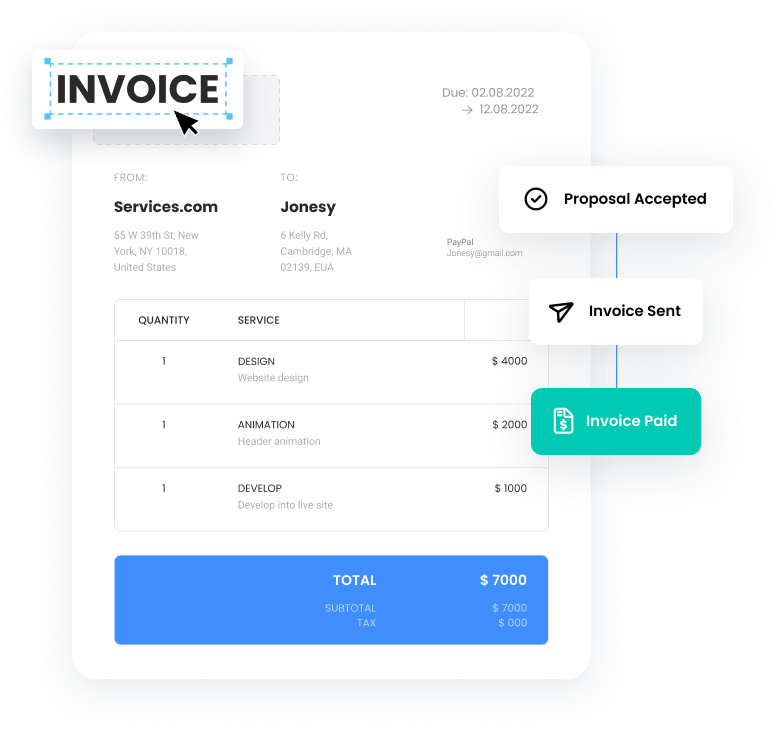TURN YOUR BUSINESS INTO AN AUTOMATED REVENUE GENERATING MACHINE
LeadsLogik helps you attract & close more customers. We give you all the tools you need to grow your business on autopilot.
![20e9e817-71e7-4301-a43f-873ad98cf121[1] 20e9e817-71e7-4301-a43f-873ad98cf121[1]](https://leadslogik.com/wp-content/uploads/2023/09/20e9e817-71e7-4301-a43f-873ad98cf1211.png)
Join the thousands of businesses who have grown online with our platform
You're juggling a million things and you don't have the time or money to invest in marketing & different software.
But not using a CRM can be really inefficient and can actually hurt your business in the long run. You may be losing out on potential sales, leads, and customers because you're not using a CRM.
That's why we created LeadsLogik it's the perfect all-in-one system that acts as your sales & marketing team. Everything you need in one place so you can reduce your costs & increase your sales with.

How We Do It

STEP 1
Capture
Stop losing out on potential sales because you aren't capturing your leads. Now that people know about you, let's capture those leads so we can convert them to customers.
STEP 2
Nurture
Easily reach your customers wherever they are: social media, email, text, voicemail, chat. Follow up with new leads in under 5 minutes with automatic messaging. Engage your leads with nurture campaigns so you always stay top of mind.


STEP 3
Close
Get the power to close more deals. You'll know exactly where each potential client is in the buying process, so you can focus on the ones that are closest to closing. When they are ready to buy you can collect their payment right through the CRM.
GROW YOUR BUSINESS
We make it easy for you to grow your business
Let's hop on a call! We will help you identify the trouble areas and growth opportunities in your business. Let's strategize and get you to where you need to be.
This is a 100% free, no-pressure call! We will provide you with our best advice whether you choose to work with us or not.




